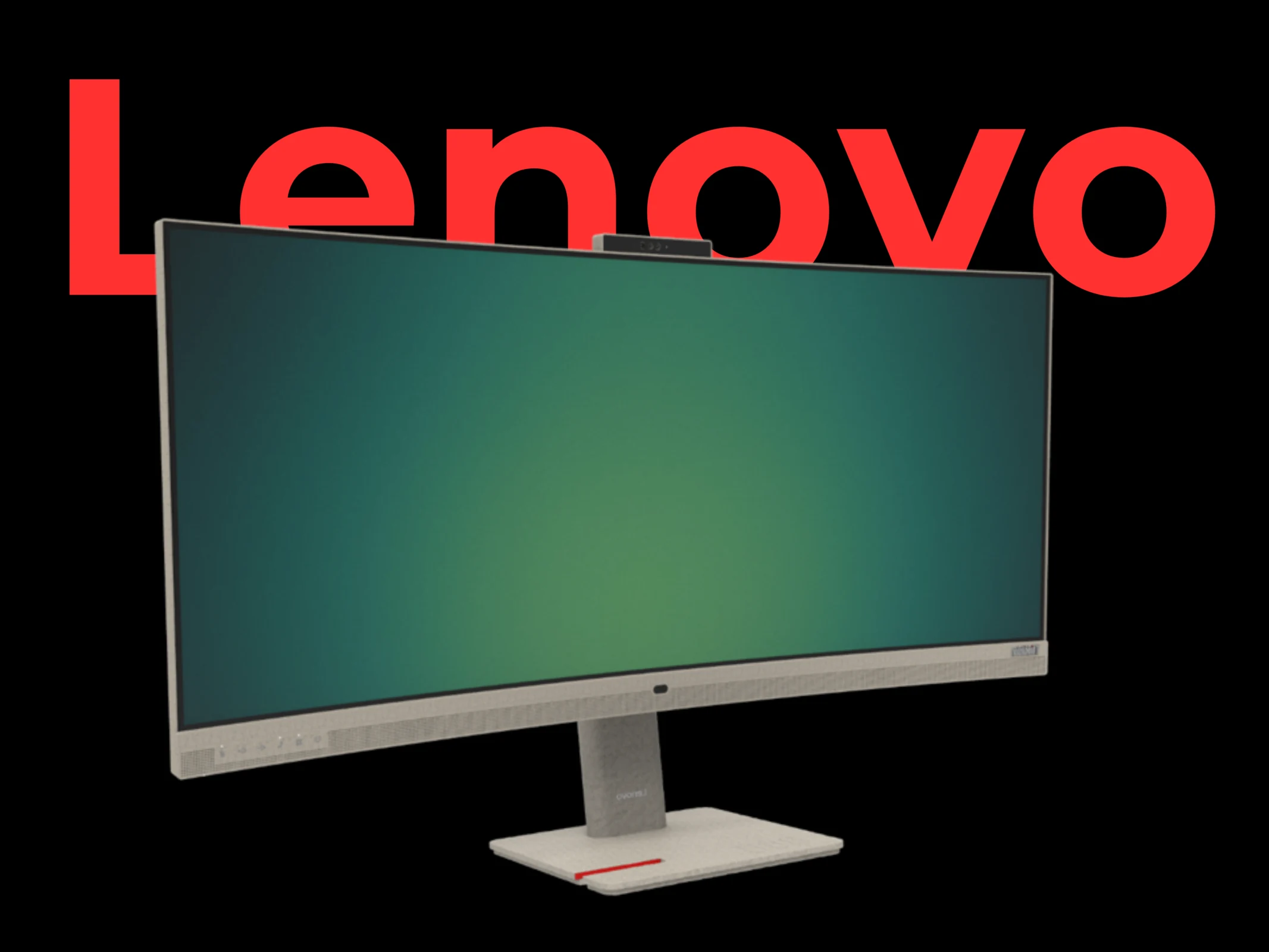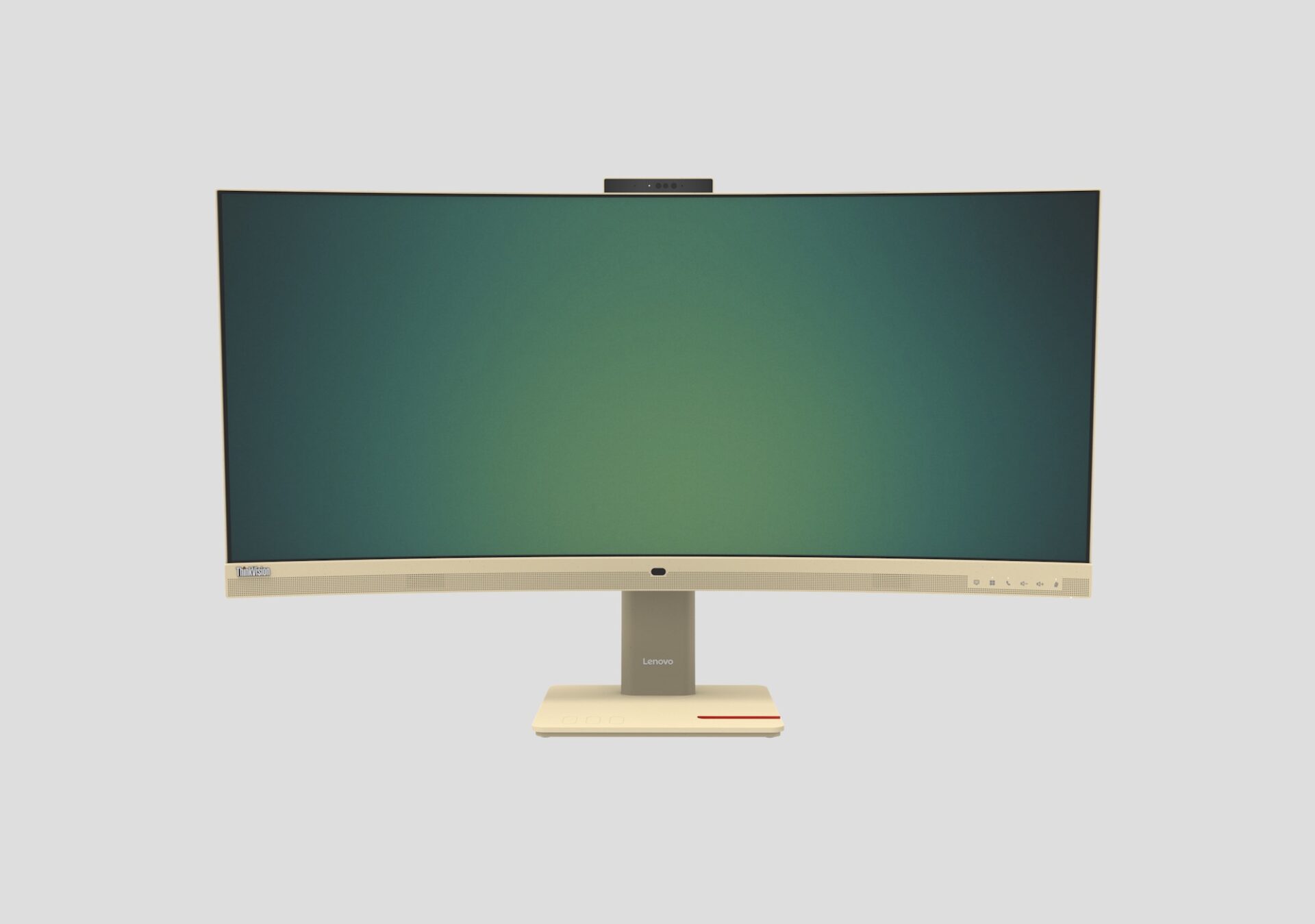Key Takeaways
1. Lenovo’s new curved display uses AI to track user movements and prompts for better posture and reduced tiredness.
2. Integrated sensors and motors adjust the screen’s tilt and height in real-time for healthier computer usage.
3. A discrete NPU ensures user data privacy by minimizing cloud processing and includes a feature that blurs the display when the user steps away.
4. The AI Display is compatible with non-AI PCs, allowing them to utilize machine learning capabilities.
5. Currently, the Lenovo AI display is a proof-of-concept device and not fully ready for the market.
At CES 2025, Lenovo unveiled a new curved display powered by AI that tracks users’ movements and gently prompts them when it senses bad posture or signs of tiredness.
Innovative Features
The integrated sensors monitor the user’s position, while motors automatically adjust the screen’s tilt and height to fit the user in real-time. This innovation is primarily designed to promote healthier computer usage habits, which in turn can boost productivity. However, recent major events like the Microsoft Recall and the unclear nature of how Lenovo is using AI have raised concerns within the consumer tech industry.
Addressing Consumer Concerns
Fortunately, Lenovo has addressed the concerns about privacy with a discrete NPU, or a specialized AI chip. This setup minimizes reliance on cloud processing, ensuring that user data remains safe on their PCs. Additionally, the monitor includes a privacy feature that blurs the display whenever the user steps away. While the presence of an NPU might make the idea of a camera constantly tracking physical activity behind the screen a tad more acceptable, it still feels a bit unsettling for 2025.
Compatibility and Future Prospects
To make the offering even more attractive, Lenovo’s AI Display can also work with non-AI PCs, allowing them to utilize LLMs and process machine learning requests from users. This might be enough to entice some users to overlook the discomfort that a product of this nature can bring. However, for the moment, the Lenovo AI display equipped with an NPU remains a proof-of-concept device, not fully ready for the current market.


